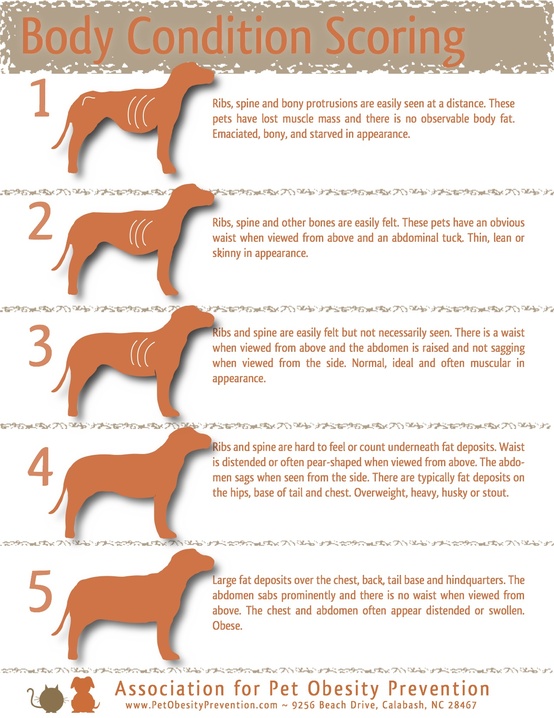In a previous article about intermittent fasting, I shared tips on how to make fasting part of a dog’s routine without causing undue stress. It referenced several of the known health benefits that intermittent fasting can provide.
However, there was one important benefit left out of the conversation. At the time, I didn’t believe I was leaving it out intentionally. But as I sit down to write about it now, I realize my palms are slightly sweaty! I failed to mention that intermittent fasting could help a dog lose weight.
Why would the topic of weight loss for a dog cause anxiety?
Few sentences uttered by pet professionals will garner as much defensiveness as, “It would help if your dog could lose a few pounds.” The response – Are you saying my dog is fat? – is typically accompanied by a shift in body language that suggests the conversation isn’t being received well.
Suggesting that a dog should lose weight is not meant to offend. But often, people get upset and pushback. It is leading to fewer and fewer professionals feeling comfortable saying those words. This is frustrating because the groomer, the daycare provider, and certainly the DVM should be mentioning this to pet parents.
But I get it. We live in an age highly sensitive to words that might be perceived as body shaming.
So let me be perfectly clear. That is NOT what the conversation is about. It isn’t about how the dog looks. It is about how the dog’s weight WILL affect its health, longevity, and behavior.
Pet professionals have a duty to speak openly about this topic because there is a simple truth here:
Obesity does not go hand in hand with health and longevity.
The problem is that so many have become accustomed to seeing dogs that are actually overweight, people no longer recognize what a fit and healthy weight dog should look like.
Take a look at the following chart from the Association of Pet Obesity Prevention. People with working dogs (#2 on the chart) and ideal weight pets (#3) often get told that their dogs are “too thin.” Whereas, the number 4 and 5 dogs, because they are seen so frequently, have become the standard image of normal.

We all want our dogs to live as long and as healthy of a life as possible. So let’s do better. We are in absolute control of our dogs’ food intake. Feed less, exercise more and consider moving away from the ultra processed, carb loaded foods that dominate the market. Take a look at Volhard Dog Nutrition if you’re interested in feeding a fresh food diet that is easy and convenient.
I see a few problems contributing to dog obesity. Feeding guidelines for every brand of commercial dog food I’ve seen are exaggerated. For my very active dogs I reduce by 20% to maintain them at a score of 3. I’m sure a lot of more sedentary dogs are in trouble because of this. I also find that overfeeding goes hand-in-hand with overindulging in other ways; toys, treats, and worst of all, free-feeding. I’m usually fairly blunt in informing clients that their dogs are obese. In my view health and survival trumps body-shaming. Thanks for the chance to share my rant.